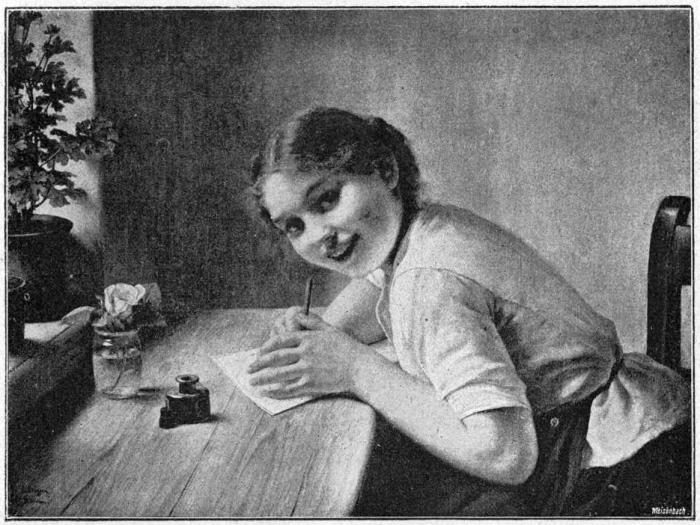I walk about with ideas in my head, a vague imperative to Leave My Mark On The World, and little to show for it. Until the Ghost of Authorship Past gives me a glimpse of what being a dead famous author might be like.
It’s a shock to me how long this blog has gone without an update. So long, in fact, that the WordPress dashboard has changed, and I can’t even remember what the two drafts sitting here were ever supposed to turn into.
I’ve spent the past few months settling into a new job, which takes a lot of energy even if it’s a good one (which it is). The past year involved a lot of change – a pay rise followed rapidly by redundancy, a short stint of teaching, literal bones-of-the-arse panicking, and an employment reprieve – and some new habits. Kick-starting myself back into a schedule of writing practice has not been one of them. I walk about, as always, with ideas in my head, a vague imperative to Leave My Mark On The World, and little to show for it.
Late last year the poet David Howard contacted me with an idea for a retrospective look at some of the poetry I used to write 20-odd years ago. It was a intriguing exercise, and also a bit like being dead. You never know what kind of old rubbish might end up being your legacy. You can read the poems, my commentary, some scene-setting from James Norcliffe and the analysis by Orchid Tierney and David here.
It was enormously humbling, and heartening, to be included in this series. It’s an odd experience, seeing yourself through strangers’ eyes.
An aspect of the analysis that startled me was the emphasis on sound; I never thought of myself as a spoken-word poet. Like everyone else, I just read the pieces aloud. To be considered a spoken-word artist is particularly weird, because throughout much of my childhood I struggled with speech. I could talk, all right, but far too fast. If I had a dollar for every time a teacher “wittily” told me to slow down, “it’s not a race, you’re not a train”, I’d have – well, nothing, because I’d have spent the kernel of a house deposit on Sante bars and vintage fashion magazines, but you get the idea. I wrote all the time, but I never read aloud. I didn’t think about sound. At least, I didn’t THINK I did.
Somewhere along the line I must have started thinking about cadence. I’ve recommended reading essays and articles aloud for a long time. It’s a great way to pick up awkward transitions and wordy chunks. In retrospect I realise that, up till about 10 years ago, I spent most of my life in jobs where I had to talk to strangers. Something I once hated and feared became pretty easy. Especially when I was writing radio ad copy – the fastest route to client approval is an enthusiastic, rapid read-through over the phone while approximating a radio voice. It sounds like a real ad so they think it must be all right.
It didn’t happen overnight, but it did happen. I don’t have much desire to revisit poetry in any serious way, but I do want to start producing words. Time to get back into the daily practice, I think.




